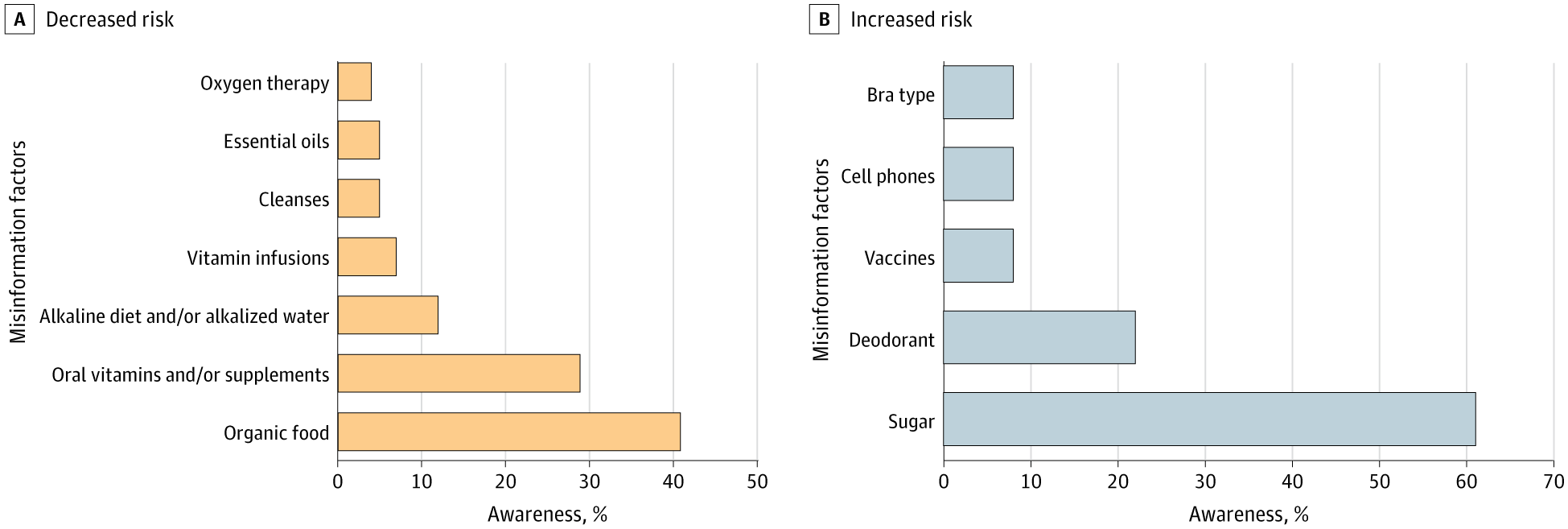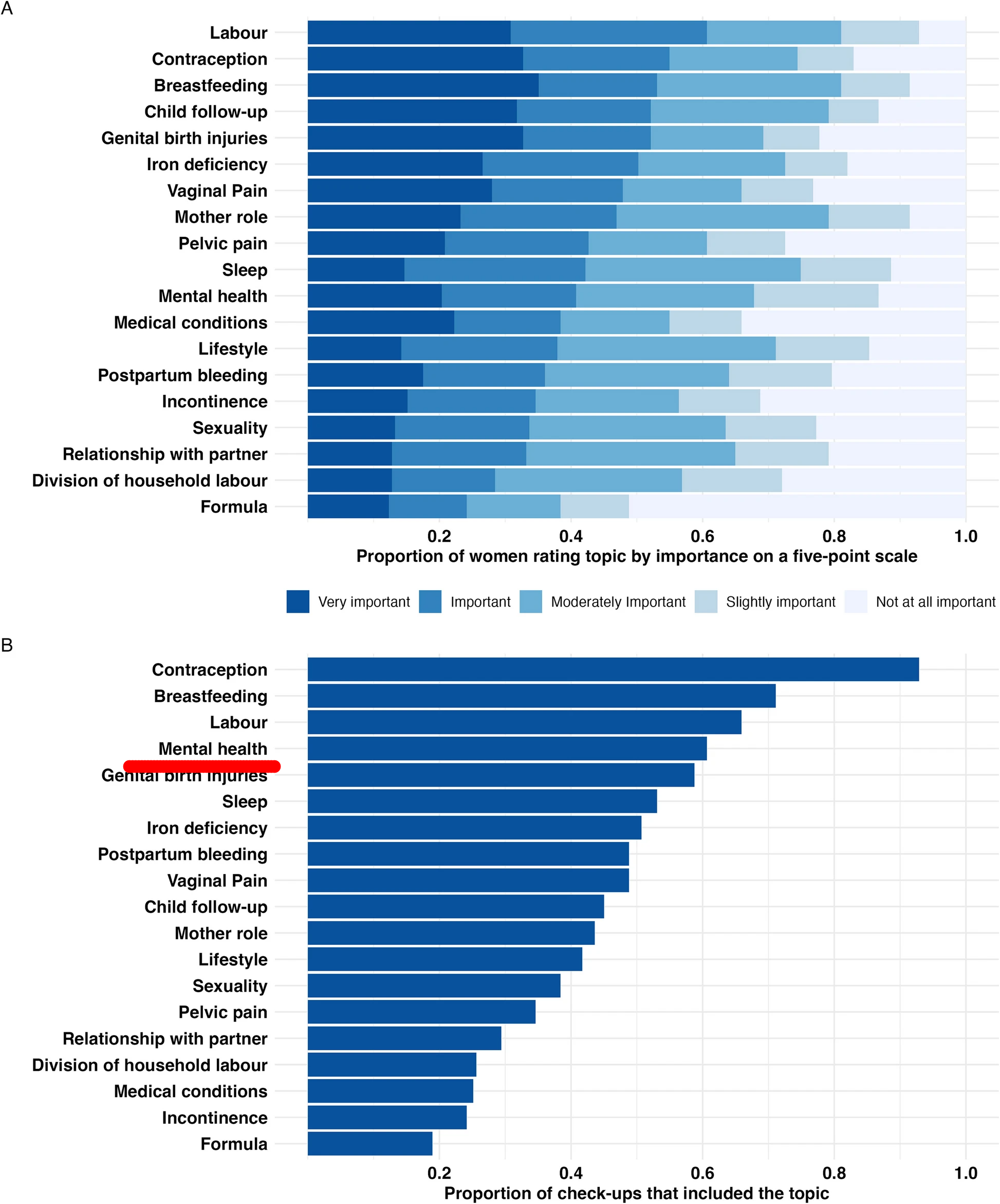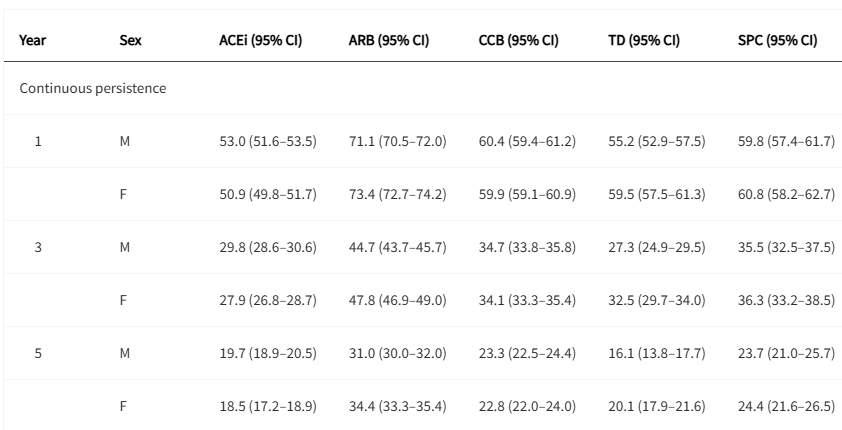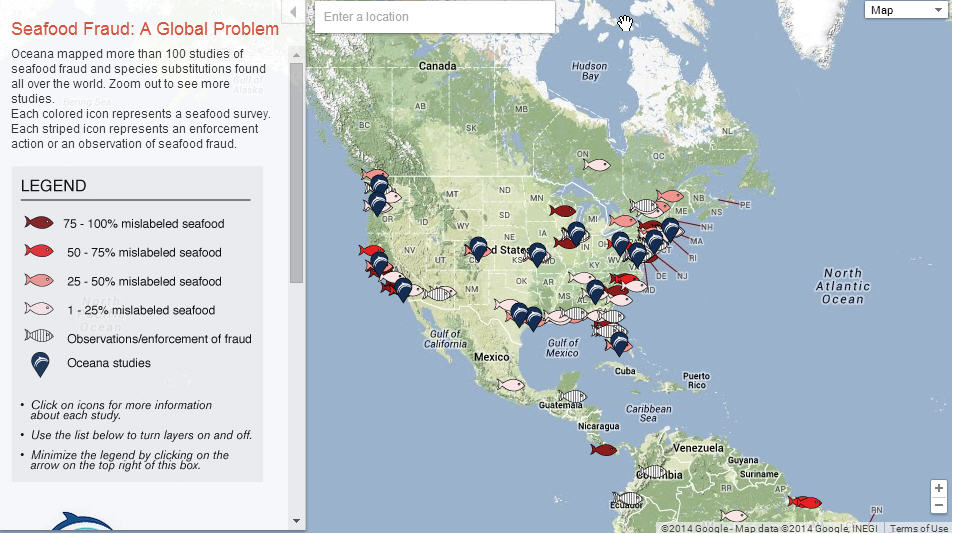 Misinformation Common Among Women With Breast Cancer
Misinformation Common Among Women With Breast CancerVaccines are getting American media attention now that Republicans are engaging in misinformation...
 Even With Universal Health Care, Mothers Don't Go To Postnatal Check-Ups
Even With Universal Health Care, Mothers Don't Go To Postnatal Check-UpsFor decades, health care costs have been a political topic in America. Advocates argue it is the...
 Happy Twelfth Night - Or Divorce Day, Depending On How Your 2026 Is Going
Happy Twelfth Night - Or Divorce Day, Depending On How Your 2026 Is GoingToday is, in Christian observance, Twelfth Night, the end of The 12 Days of Christmas in that song...
 Blood Pressure Medication Adherence May Not Be Cost, It May Be Annoyance At Defensive Medicine
Blood Pressure Medication Adherence May Not Be Cost, It May Be Annoyance At Defensive MedicineHigh blood pressure is an important risk factor for developing cardiovascular disease and premature...










